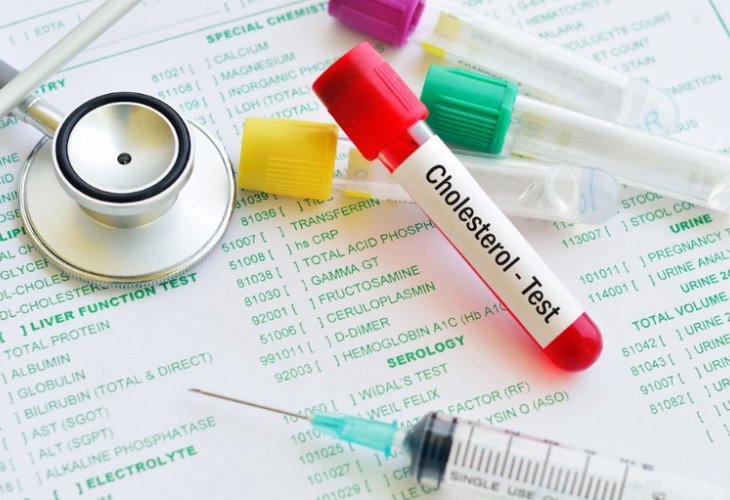Meet 'Raphta', the Injection that Could Save Millions
International doctors and researchers claim that the new cholesterol-lowering drug represents a real breakthrough in treating the disease that claims the lives of 15 million people worldwide each year.
 (Photo: shutterstock)
(Photo: shutterstock)A groundbreaking study was published over the weekend in the prestigious journal "New England Journal of Medicine," marking a breakthrough in cholesterol management. It involves the drug "Raphta," administered via injection once every two weeks, which has been found to be highly effective.
The study involved over 27,000 patients who received the injection, given biweekly to patients with high levels of LDL (bad cholesterol) which can lead to heart attacks and strokes. The results were dramatic: among the group receiving the injection, there was a significant drop in bad cholesterol levels in the body — from 92 mg/dL to 30 mg/dL — along with 27% fewer heart attacks and 21% fewer stroke events compared to the group that did not receive the treatment. Patients receiving the injection also required 22% fewer catheterizations. The research further indicates that high levels of bad cholesterol in the blood can lead to heart diseases and fatalities.
The drug works in the following way: it's important to understand that the liver's role is to absorb bad cholesterol (LDL) from the bloodstream using receptors known as LDLR. Under normal conditions, these receptors approach the liver, capture cholesterol, bring it in, and go for another round. However, when they bind with a protein called PCSK9, they are destroyed and disintegrate.
Contrary to popular opinion that excessive cholesterol is caused by consuming too much fat, PCSK9 becomes particularly active when one consumes too many empty carbohydrates. The result: more bad cholesterol remains in the blood vessels, attaches to them, and creates atherosclerosis, leading to cardiovascular diseases. The substance found in the new drug blocks the protein's activity, leading to a significant decrease in cholesterol levels.
The study was presented at the American College of Cardiology conference in Washington, where international doctors and researchers expressed enthusiasm about the breakthrough in treating the disease that claims 15 million lives worldwide each year.
The drug is currently available in the drug basket, but only for a very limited group of patients. Its cost is high: approximately 1,500 shekels per treatment. However, based on assessments in the pharmaceutical market, the current study is expected to prompt the Drug Basket Committee to consider expanding the indication to include more populations next year.

